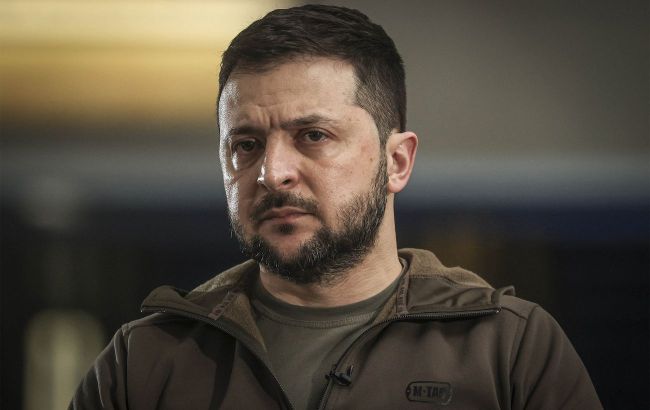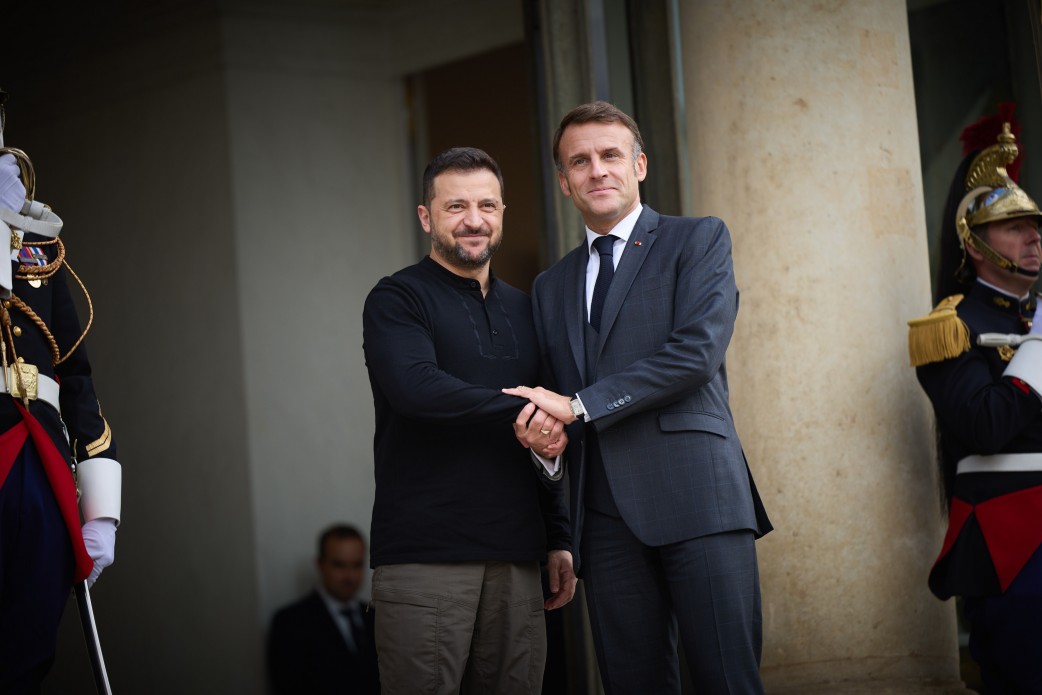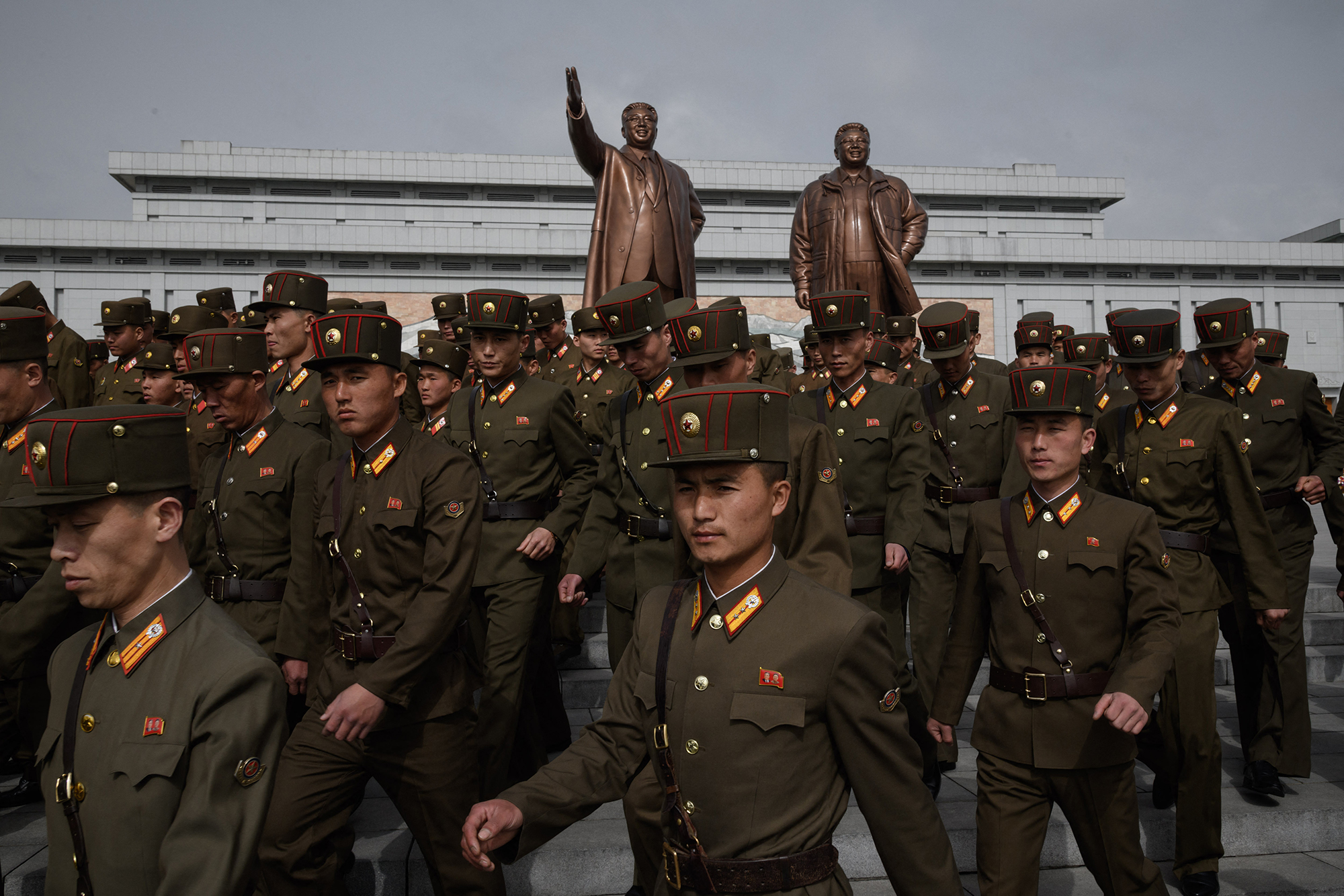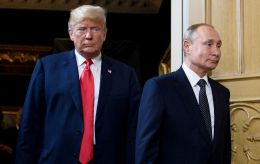Victory plans for peace: Should Ukraine count on quick end to war with Russia
 President of Ukraine Volodymyr Zelenskyy (photo: Getty Images)
President of Ukraine Volodymyr Zelenskyy (photo: Getty Images)
RBC-Ukraine analyzes whether there are grounds to expect a quick end to the war, Western pressure on the Ukrainian government, an invitation to join NATO, peace plans, and the importance of the US elections.
“There is a feeling that next year everything will end somehow.” RBC-Ukraine heard this phrase in various forms from many representatives of the Ukrainian authorities. However, none of them could explain exactly how this will happen. There is a dark zone between the current state of affairs at the front, the balance of power in the world, and the end of the war that Ukraine desires. It is extremely difficult to put into one equation the concept of a just peace, the West's permanent fear of escalation, guarantees of preventing new Russian aggression, the mood of Ukrainian society itself, the realities on the battlefield, and so on.
In recent weeks, there has been another avalanche of materials in the Western media on ending the war. In general, they boil down to the following: Ukraine is slowly but surely losing the war, Russia has great resources, it is impossible to defeat it on the battlefield, so Kyiv should abandon its maximalist goals, as the West is pushing it to do, and the Ukrainian government is finally signaling its readiness for concessions.
Ukrainian officials usually ignore such articles or repeat the provisions of Zelenskyy's peace formula, which is Ukraine's ideal vision of a just end to the war. But sometimes it comes to direct refutations.
For example, during a recent visit to France, Zelenskyy said that no truce or ceasefire was on the table in conversations with his Western counterparts. Earlier, the Ukrainian Foreign Ministry explicitly denied the Financial Times' thesis about a possible exchange of the territories currently occupied by Russia for the free part of Ukraine joining NATO or equivalent security guarantees.
 Volodymyr Zelenskyy and Emmanuel Macron (photo: president.gov.ua)
Volodymyr Zelenskyy and Emmanuel Macron (photo: president.gov.ua)
According to an RBC-Ukraine source familiar with the course of various negotiations between Ukraine and the West, such a head-on exchange is really out of the question. Ukraine will in no way give up any part of its legitimate territory. Freezing the war along the current front line without signing any memorandums or agreements - an option that, according to RBC-Ukraine, is being considered in some European capitals - is also unacceptable to Ukraine.
However, a compromise may be to return to the status quo before a full-scale invasion, i.e., the borders of February 23, 2022. In this case, the occupied districts of Donetsk and Luhansk regions and Crimea will continue to be a universally recognized territory of Ukraine, but they will be returned through diplomatic means rather than military ones. Zelenskyy himself has repeatedly spoken publicly about the fact that the 1991 borders will not necessarily be achieved by force of arms.
“We have always been ready for the February 23 borders in one way or another. But the problem is that we are de facto far from these borders now,” says an interlocutor in his entourage.
Indeed, given the current realities, it is difficult to imagine Russian troops in occupied Berdiansk or Starobilsk voluntarily folding up, removing tricolors from administrative buildings, getting into trucks, and driving toward Rostov.
And while the relatively greater flexibility of the Ukrainian authorities in negotiations to end the war exists mainly on the pages of Western media, the increased pressure from the West, its hints about the overstatement of Ukrainian goals and unrealistic expectations, is a fact, RBC-Ukraine's interlocutors confirm.
Realizing that there have been, are, and will be talks about ending the war, Ukraine is trying to somehow seize the initiative in this process by constantly generating new plans, meetings, and forums. The principle is simple: if you don't speak, someone else will speak for you.
So far, of all the peace initiatives, the key one is the victory plan, which Zelenskyy has presented to many Western partners and will publicly present in the Verkhovna Rada today.
An RBC-Ukraine source in the government gave a positive assessment of Zelenskyy's trip to the United States and his recent meetings with key European leaders, which were mostly devoted to the victory plan.
But the problem is in the specifics, as the plan envisages, among other things, the lifting of the ban on strikes by Western weapons deep into Russia and Ukraine's Euro-Atlantic integration. The Western allies are not ready to agree to the first point, but as for the second point - inviting Ukraine to join NATO in one format or another - great expectations were pinned on the visit of American President Joe Biden to Germany, which was disrupted, and the meeting of the Ramstein Group at the highest level. In general, RBC-Ukraine's interlocutors attributed any progress in the peaceful settlement to progress in the Euro-Atlantic direction.
But the classic black swan, hurricane Milton, intervened, and Biden decided to stay home. Interlocutors in the government believe that the official reason for canceling the visit is quite plausible.
Indeed, in the weeks leading up to the election and with Kamala Harris and Donald Trump in a very close race, the current administration should be extremely cautious in its actions. According to all polls, domestic political issues such as prices, the state of the economy, and the abortion ban are of much greater concern to the American electorate than the wars in Ukraine and the Middle East. Therefore, the White House should not take any drastic steps to avoid being criticized by Trump.
On the other hand, Pennsylvania, which is likely to decide the fate of the presidential election, is home to a large Ukrainian and Polish diaspora, for whom the security of Eastern Europe from Russian aggression is an important issue. All of these risks are probably being weighed in Washington, ahead of Biden's visit to Germany this week, albeit with a shortened program, without Ramstein.
In addition, discussions about possible formats for ending the war often overlook the fact that this will in any case require a decision by Russia. Ukraine and the West can agree on anything, but if the Kremlin intends to continue the war, it will continue it, regardless of any peace plans.
And the Russians seem to be in no hurry, advancing slowly, with huge casualties, but advancing in Donbas. Their main goal, described by an informed interlocutor of RBC-Ukraine, is to capture the entire Donbas, but it is still very far away. But again, time is not hurrying them. Especially after involving North Korea in the war against Ukraine, which will now supply the aggressors not only with shells but also with manpower.
 North Korean soldiers (photo: Getty Images)
North Korean soldiers (photo: Getty Images)
RBC-Ukraine's sources do not describe the final goal of the Russian offensive. It is quite possible that there is no such goal, and the war is being waged on the principle of capture as much as they can.
Like everyone else, Moscow is waiting for the outcome of the US election. Until then, there is probably no hope for any major diplomatic breakthroughs. After that, it's terra incognita. Even the victory of the more predictable and systematic Harris implies many options for the development of events. For example, one of the forks in the road is whether Joe Biden will want to make some kind of a striking gesture toward Ukraine at the end of his term, between the election and the inauguration of his successor, which will become part of his political legacy or not. No one can predict the consequences of Trump's victory, including Trump himself.
In any case, Ukraine is entering a period of extraordinary turbulence, even by our standards. Likely, the outcome of the almost three-year (and, more generally, ten-year) war will be determined in the next few months. However, it is not a certainty that the outcome of the war will be determined in the next few months, if, after the dust settles from the American election, it turns out that both sides, Ukraine and Russia, are fully capable and determined to continue the bitter struggle

